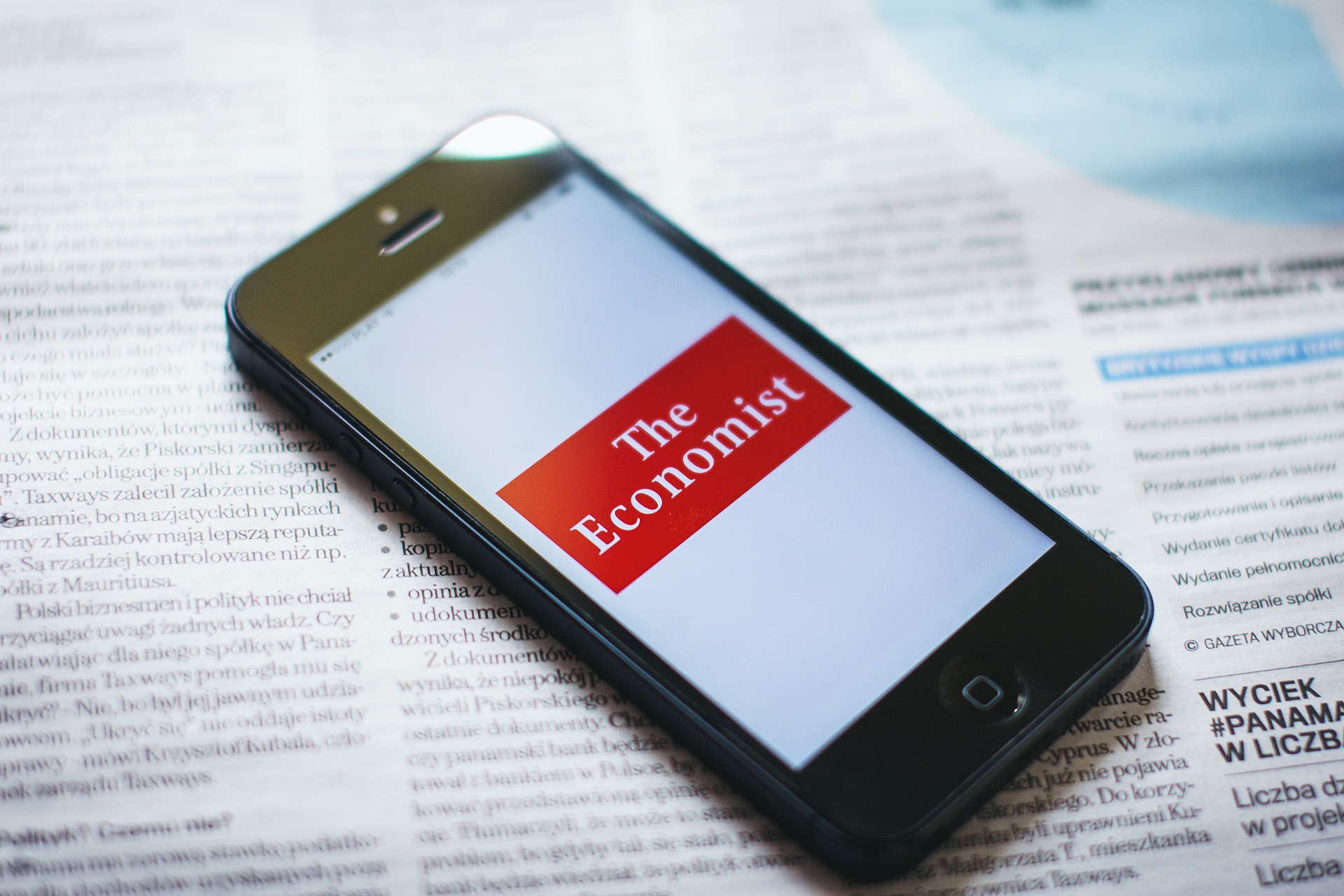Will Economists Ever Understand The Economy?
Economists still scramble to make sense of traditional economic models in the shadow of the decade old financial crash of 2008. Even though there is little progress in finding a solution some interesting issues are emerging.
Where will the jobs go?
The effects of globalisation and technology have influenced election results in recent years, as the loss of jobs in many sectors takes its toll. There was a theory that developed countries should move up the value chain, as jobs migrated to emerging countries. But that approach is now suspect as higher value jobs in all countries are under threat from technology, robots and artificial intelligence. The emphasis has shifted, as it is assumed jobs that require communication and empathetic skills will be protected into the future. But there is less certainty about jobs in other areas and whether or not they are safe from the onslaught of technology and its indiscriminate efficiencies. One of the enduring principles of protection highlights the benefits of education and training as a way to buffer people’s lives and livelihoods.
Finding new theories
One of the core themes of economists was that economies would always find equilibrium and maintain balance in the face of any challenges that arose. There is however ample evidence that this is not the case and that economies left unmanaged will find disequilibrium and become unbalanced. The natural response of governments and international organisations is to work harder at finding an acceptable balance. But it is increasingly obvious that new and radical thinking is needed to find better solutions. To find the right answers it is time to treat economics as more art than science as its attempts to adopt scientific models will always be flawed, as they never reflect the changing nature of the ecosystem they professes to predict.
A case for optimism
Economics has always been tagged as a dismal and at times depressing science but the truth is that it is neither. There is always cause for optimism as economies constantly grow while others falter and so the reality of economic life requires equal measures of optimism and pessimism. Further work however is needed to link cause and effect given the complexities of markets. But the standard of living of hundreds of millions of people around the world is increasing and will continue to do so, which gives cause for a little cheer.
Managing the future
Even though economists in all disciplines still search for solutions they also need to better understand what caused the financial collapse. Similarly, they need to figure out what actions will prevent such events from happening again. And finally, they need to develop effective remedies should a similar crash happen in the future.
So, the financial crash of 2008 highlights the need to treat economics as more art than science to find the answers we need for a successful future.




